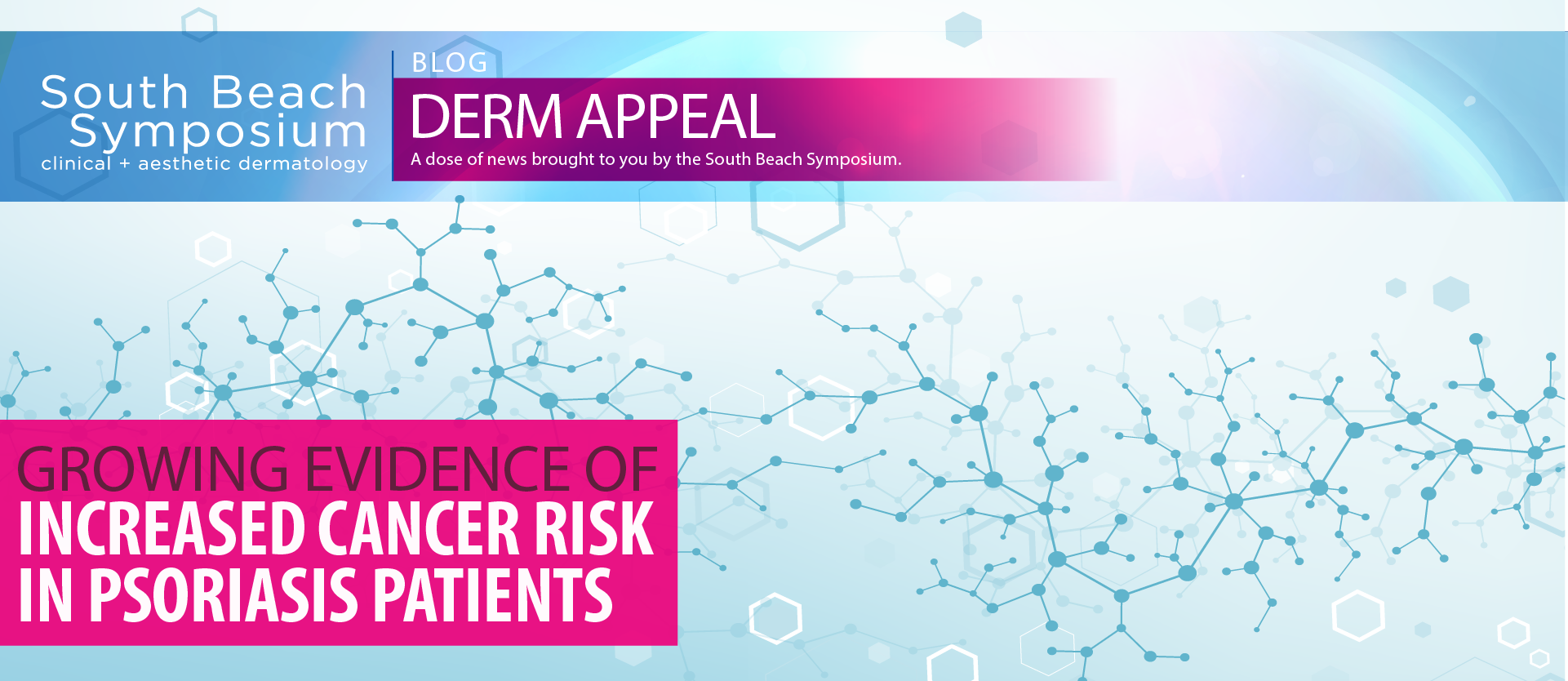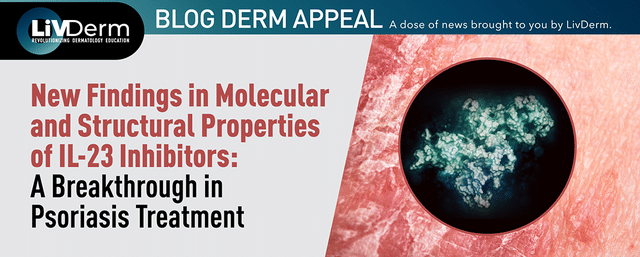Often triggered by stress, infections, and certain medications, the chronic inflammatory skin condition psoriasis affects up to 125 million patients worldwide. The skin disorder has been linked to decreased quality of life, along with an increased risk of comorbid conditions. In recent years, the association between psoriasis and risk of cancer has been controversial with studies reporting mixed findings. However, results from a recent study published in JAMA Dermatology clarify the connection between the two, indicating that psoriasis may be a risk factor for certain types of cancer.
Prevalence, Incidence, and Risk of Cancer
Led by Nikolai Dyrberg Loft, MD, of the Herlev and Gentofte Hospital at the University of Copenhagen, a team of researchers set out to evaluate the association and risk of cancer in patients with psoriasis and psoriatic arthritis, as well as the risk of specific cancer subtypes.
“Epidemiological studies investigating the association between psoriasis or psoriatic arthritis and cancer have reported conflicting results, where some studies report an increased risk of cancer in individuals with psoriasis or psoriatic arthritis and others do not,” Dr. Loft, told Healio Rheumatology. “Whether individuals with psoriasis or psoriatic arthritis carry an independent risk of cancer is important as this might help in guiding clinical practice.”
Using human data gathered from PubMed and Embase, Loft and his colleagues searched for correlations between the terms “psoriasis” or “psoriatic” and “neoplasms” or “malignancy” or “cancer”. Observational cohort studies with populations of psoriasis patients that reported the incidence or prevalence of cancer were included. Meanwhile, studies evaluating pediatric groups and cancer types not included in the protocol were excluded. Overall, 112 trials were included in the analysis.
Heightened Cancer Risk in Psoriasis Patients
An evaluation of the 112 studies found an overall prevalence of cancer in patient with psoriasis of 4.78%, with a reported incidence rate of 11.75 per 1000 person-years and an overall risk ratio of 1.21. Loft and his research team found an increased risk for several cancers in psoriasis patients, including keratinocyte cancer, lymphomas, lung cancer, as well as bladder cancer.
Most notably, the risk ratio for keratinocyte cancer among patients with psoriasis was 2.28; for lymphomas, the risk ratio was 1.56 while for lung cancer it was 1.26. The study’s authors did not find evidence to indicate that patients receiving biologic treatment were at a further increased risk. In addition, patients with psoriatic arthritis did not experience an increased overall risk of cancer.
The latests findings carry significant implications for the clinical dermatologic practice as providers will need to manage both psoriatic symptoms as well as the potential increased risks associated with the condition. “Physicians should be aware that individuals with psoriasis have an increased risk of cancers especially lymphomas and keratinocyte cancers,” Loft told Healio Rheumatology in an interview. “Notably, some treatments of psoriasis might cause an increased risk of keratinocyte cancers and exacerbations of lymphomas. In addition, obesity, alcohol use, and smoking, which are all associated with cancers, are more prevalent in individuals with psoriasis.”
Although further research is needed and data on cancer in patients with psoriatic arthritis remain scarce, the study’s findings implicate that the condition may not put patients at an increased risk. Dr. Loft and his team’s research points to the importance of promoting a health lifestyle in individuals with psoriasis to both improve symptoms of the skin condition and prevent the specific types of cancer these patients may have an increased risk for.
















